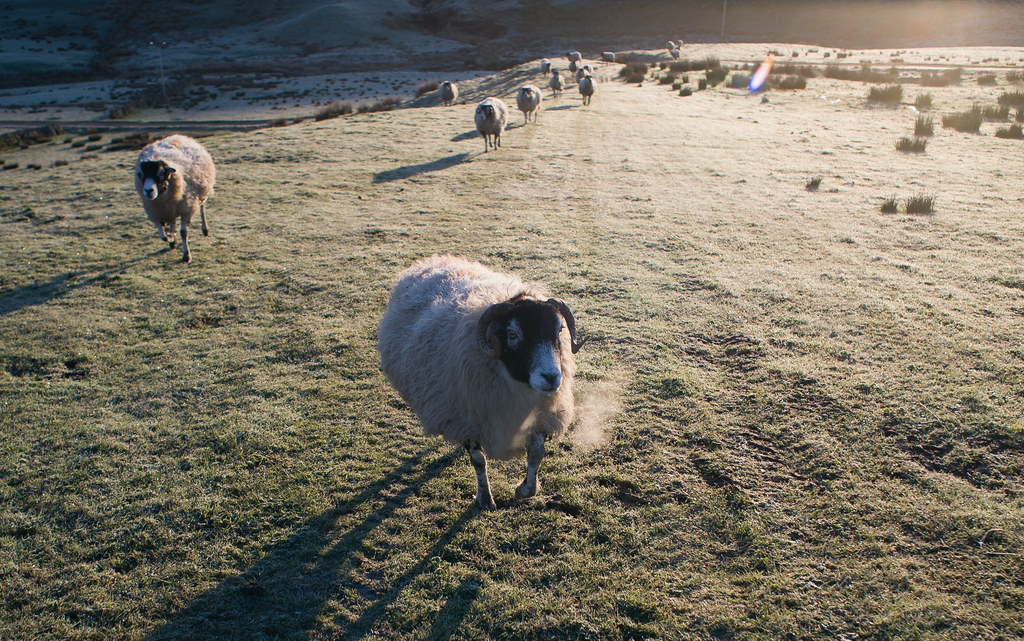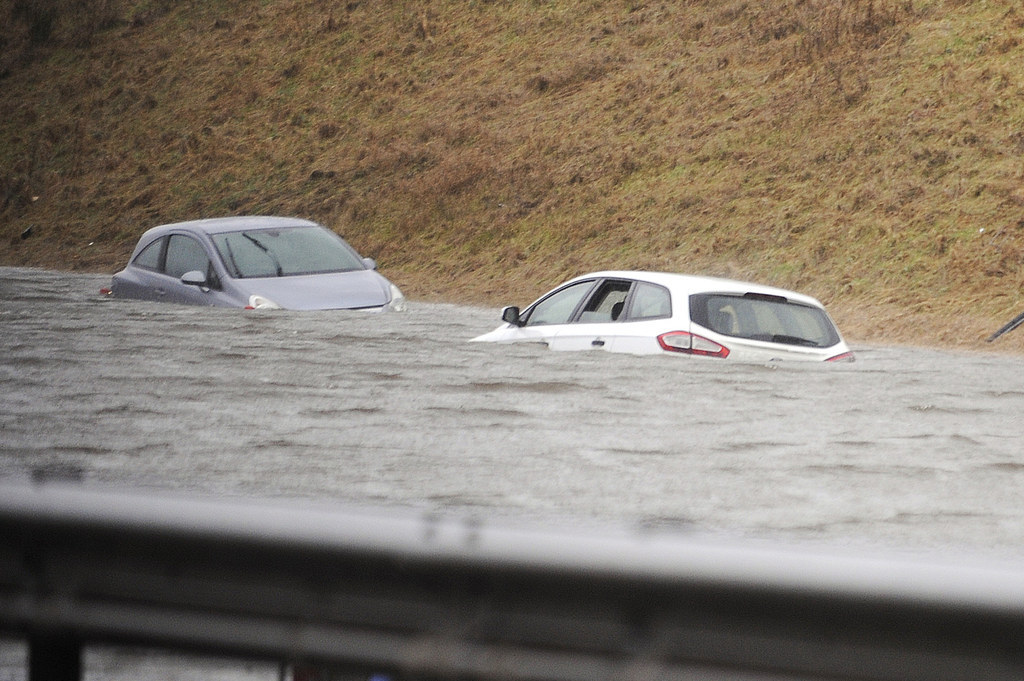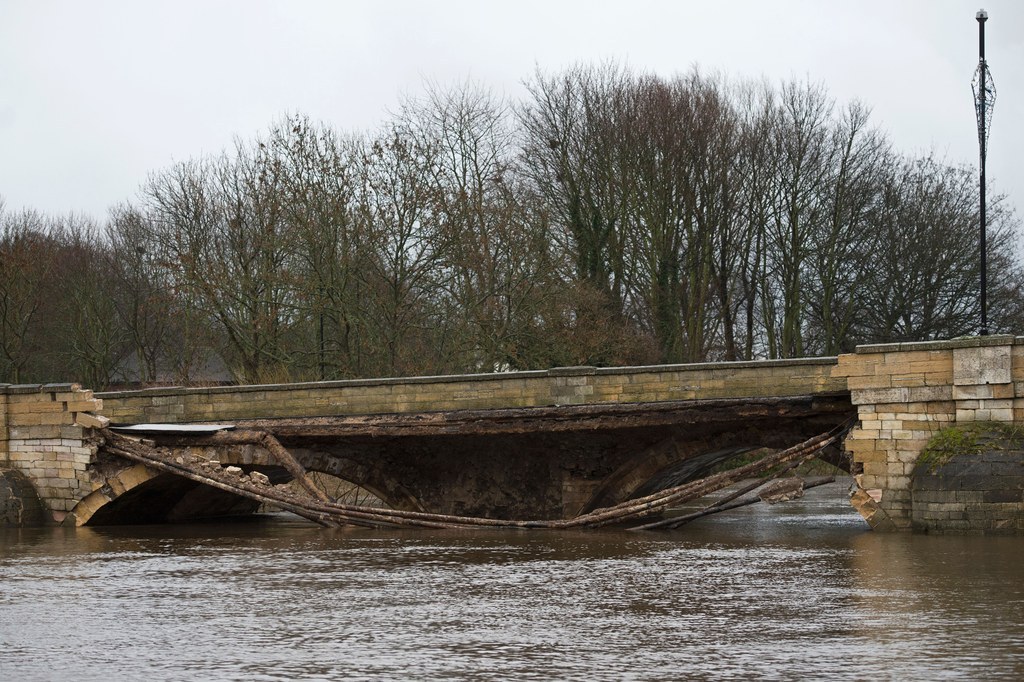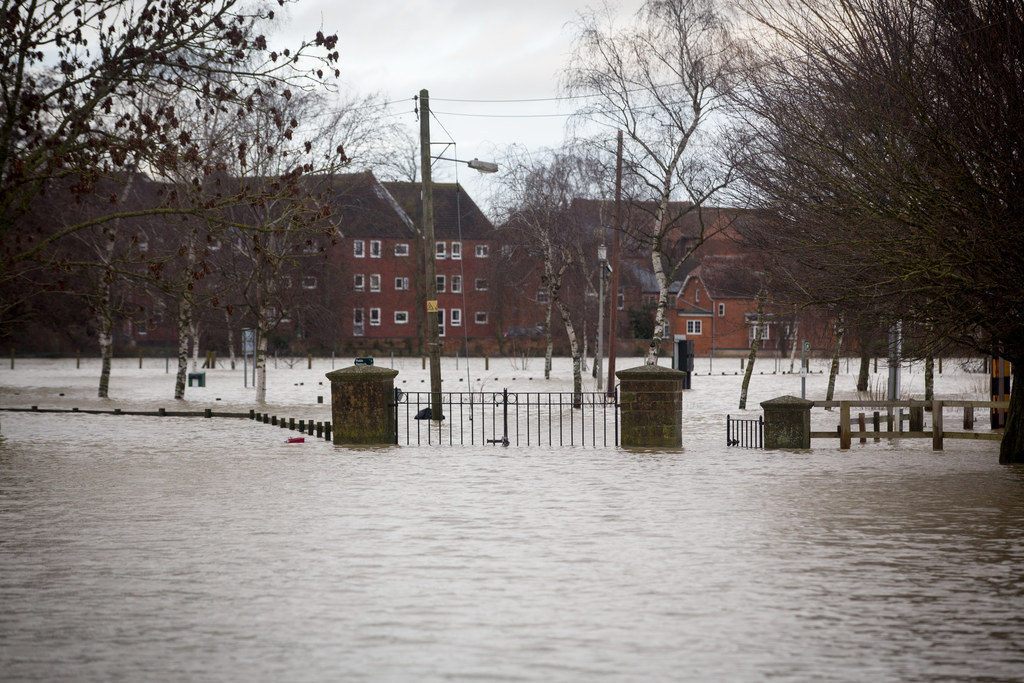1. It's not as simple as more rain = more flooding.

2. No two floods are alike.
Prof Alan Jenkins, the deputy director of the CEH, says that "as unprecedented as these floods have been", there will always be a bigger one along eventually, whether next month or next millennium. "And the next flood will not have the same characteristics as these ones, which themselves are very different from the ones in the summer of 2007 and winter of 2013–14."
The type of land, the weather, how saturated the ground is, the peak flow of the rainfall, the duration of the rainfall, and the impact of snowmelt – as well as human interference like flood defences and dredging – are just a few of the factors that make each flood hard to predict.
3. These floods are, in some ways, unprecedented.

4. Climate change is making heavy rain more likely.
Jenkins says "there is weighty scientific evidence that recent rainfall has been impacted by climate change".
His colleague Dr Chris Huntingford, a climate modeller with the CEH, says research from about 20 different groups agrees that 1°C of climate warming translates to about a 7% increase in rainfall on average. "We've always had very heavy rainfall incidents," he says, but climate change is making them more common.
The 7% figure is an average, rather than universal – some places will have less rain, others more, as the patterns of rainfall change – but, says Huntingford, for the UK and northwest Europe, 7% is about what is expected.
5. And the way we farm our hills is probably making floods worse.

6. There are things we can do, but no one of them can fix the problem. "Rewilding" the uplands might be a good idea.
That is, planting more trees, removing sheep, stopping the draining peat bogs for grouse shooting – and possibly reintroducing beavers, who will build dams and slow the rush of water from highlands to plains. Jenkins says there would probably be a reduction of the runoff and that rewilding has several other benefits, so it's worth a try in some areas.
But, he adds, "what I'm not saying is that it makes sense to say that everybody everywhere should go out and plant lots of trees. We don't have the evidence."
7. We also need more flood defences.

8. And we need to take steps to limit climate change.
Huntingford and Reynard both say that since a single degree of warming leads to 7% more rain, the recent Paris agreement to reduce emissions and limit warming to less than 2°C – or 1.5°C if possible – is important.
9. Dredging can make things worse in some situations.

10. And it may reach a point that we need to stop building on some flood plains – or even move people out of them altogether.
"Developers need to understand the risk they're exposing people to," says Reynard: You need to know the flood risks of an area. Huntingford says: "It's a question of money. Should we build more defences, or should we move people?
"That's obviously a pretty drastic option. But maybe, ultimately, people may have to move."
11. But there just isn't enough research to really know the best thing to do.

